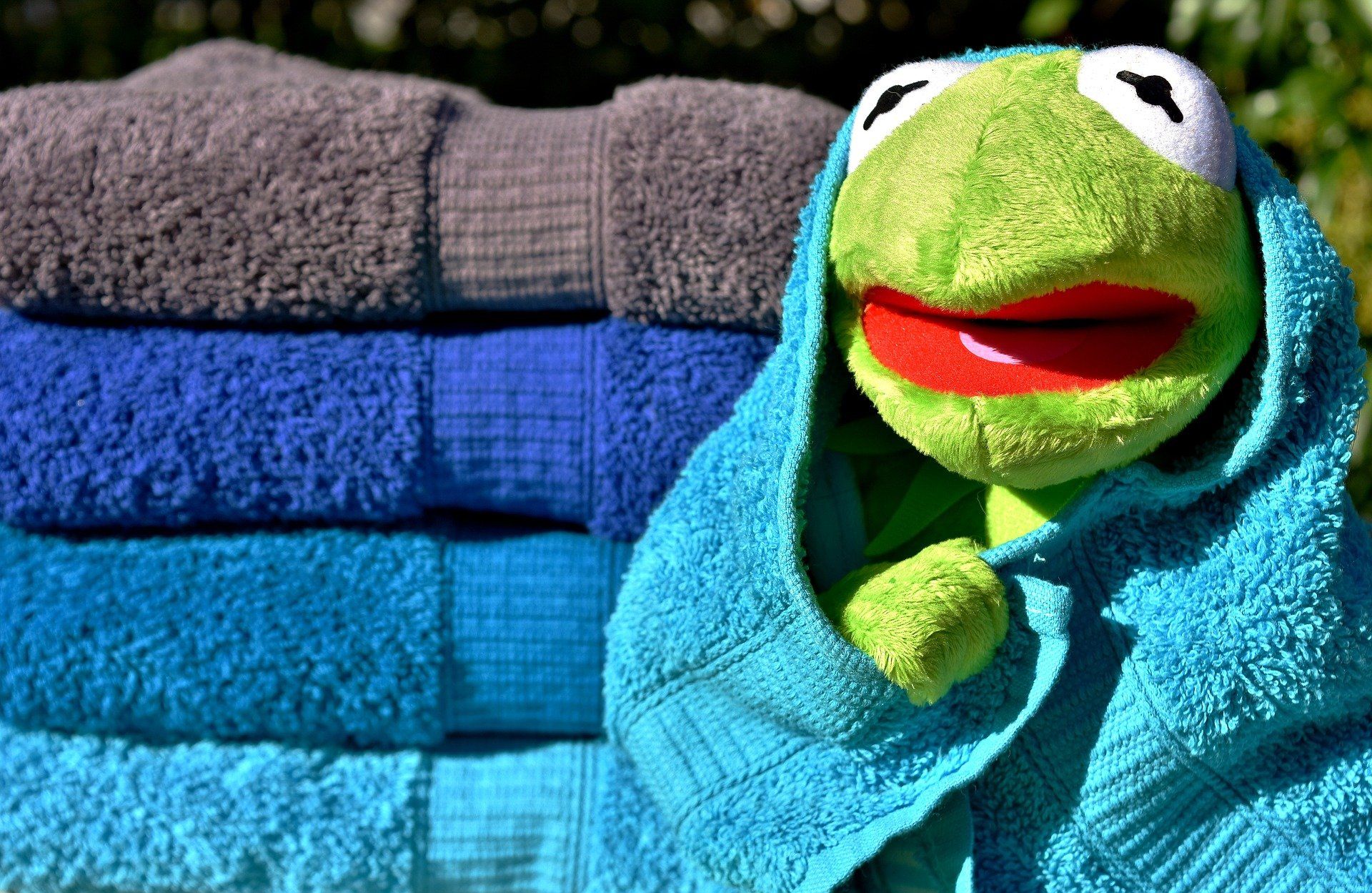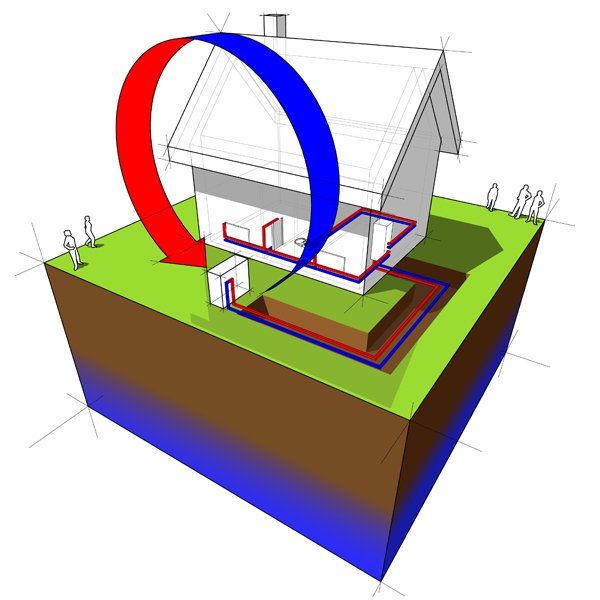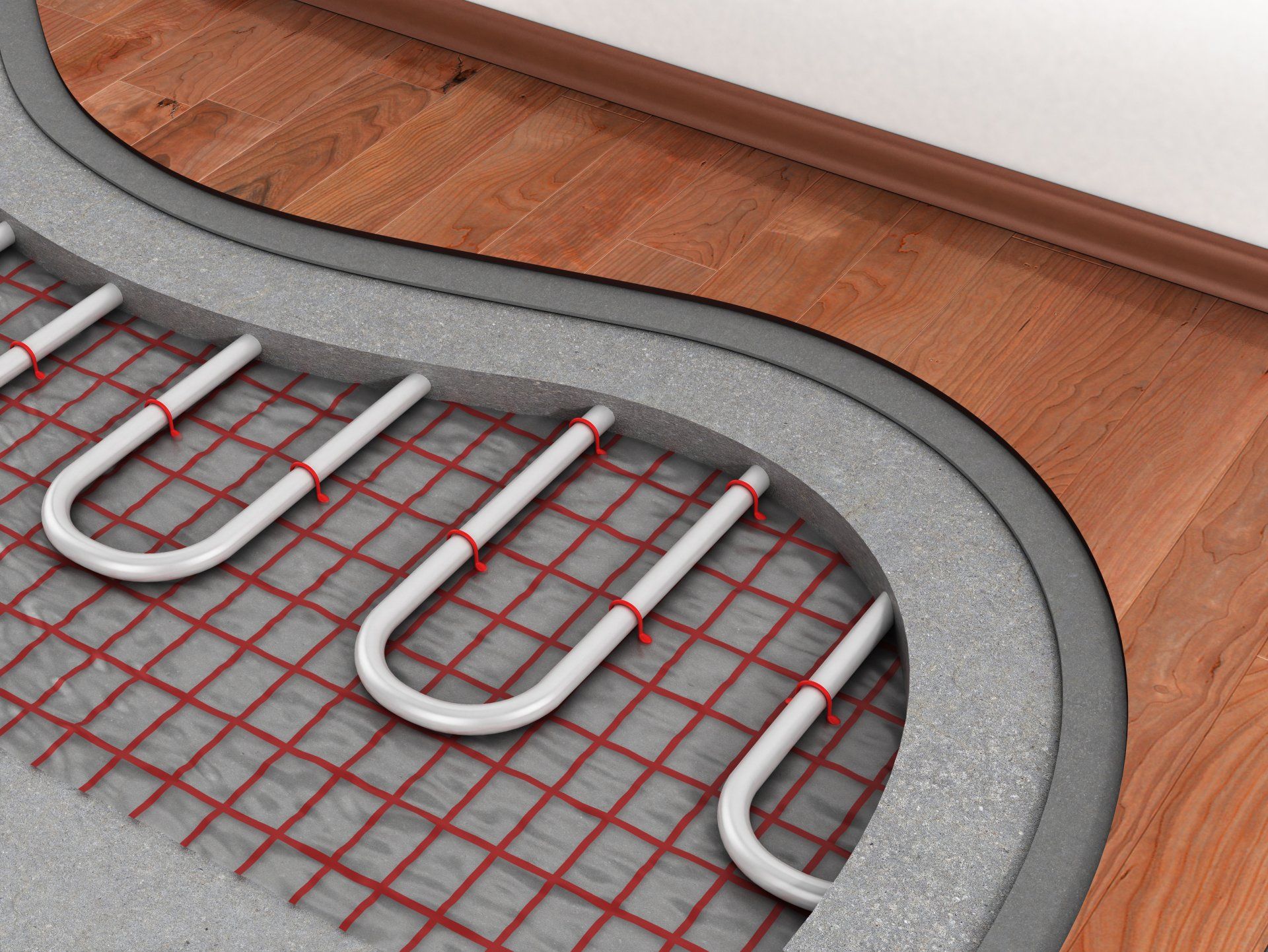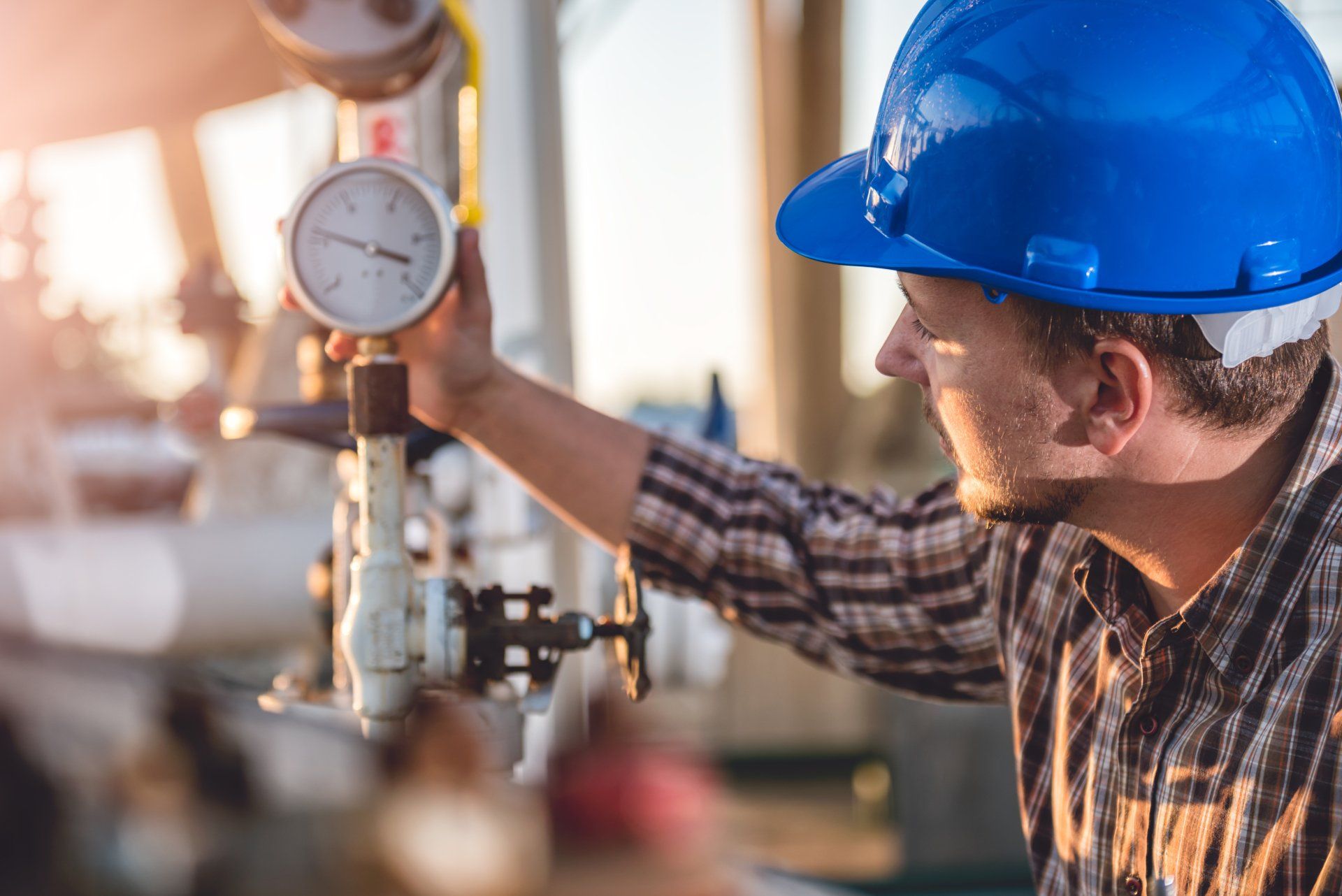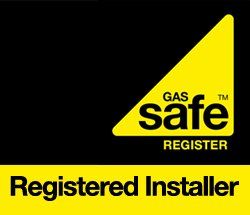Blog
We have naturally hard water here on the Isle of Wight, but we don’t have to have it in our homes.
Some people have just accepted that their plates and glasses will be streaky when they come out of the dishwasher, that their hair isn’t as glossy as the adverts had promised after washing it with that expensive shampoo, that their towels aren’t quite as fluffy as they should be unless they’ve doubled up on the fabric softener before washing them or that they regularly spend a fortune on cleaning products to get rid of chalky residue on shower heads or screens.
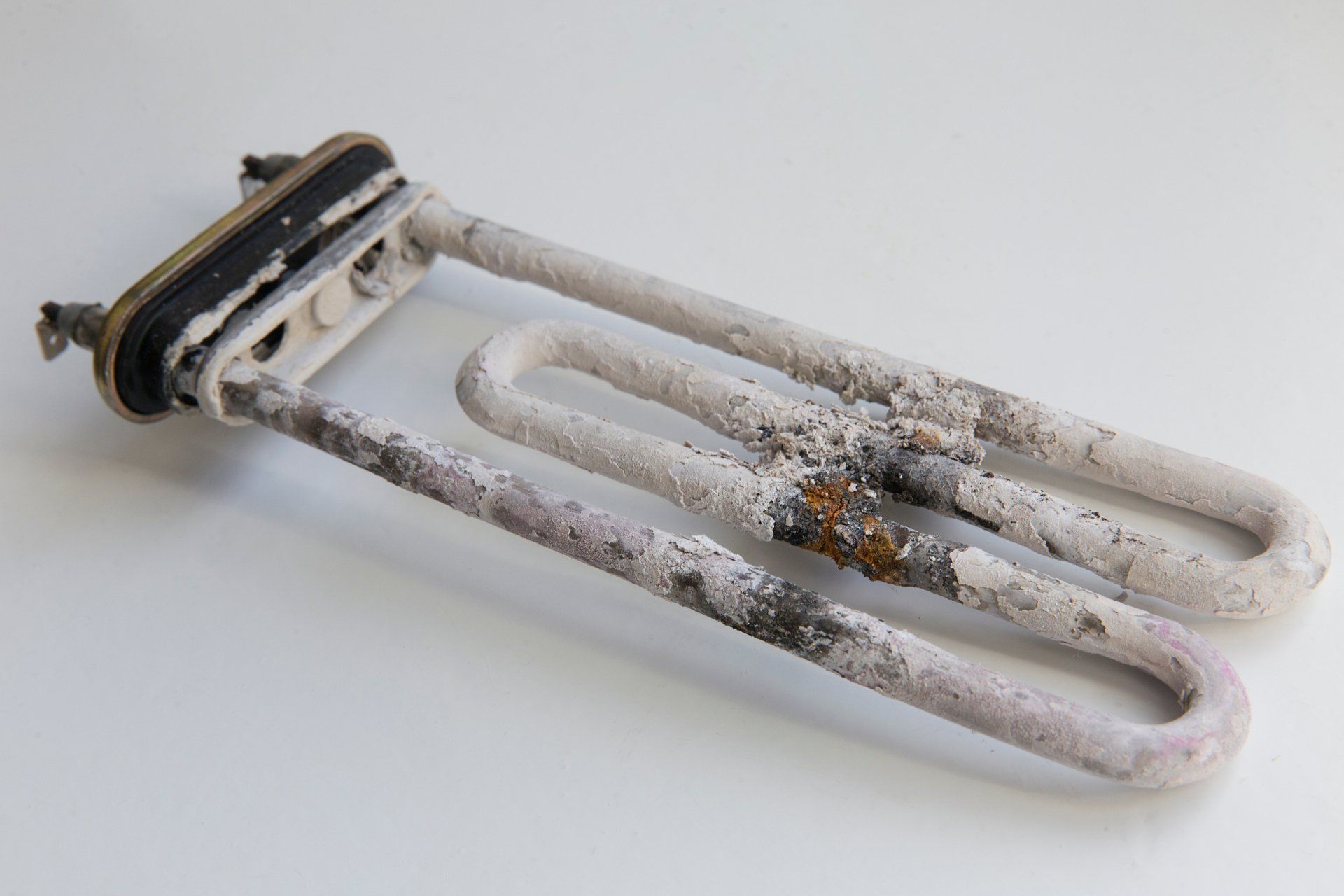
The recent Coronavirus epidemic has made a lot of people think about a change of career. One lucrative option on the Isle of Wight would certainly be to sell white goods and domestic appliances! These items bear the daily brunt of the hard water here – it’s rich in minerals like calcium, manganese and magnesium carbonate - which can end up costing us a fortune in both time and money.
Repairing and replacing washing machines, showers, taps, dishwashers, boilers and even coffee machines, kettles, tiles and shower screens on a regular basis can be an expensive and stressful business, which can so easily be avoided by having an affordable and cost-effective water softener fitted.
Limescale can clog up your shower heads and pipe work and it makes them much less efficient. I am regularly asked to fit extra-large, rain fall showerheads for designer bathroom makeovers. People will spend a fortune on these but ignore the fact that within a few months, the majority of the jets will be blocked with limescale, rendering their beautiful, expensive purchase no more effective than the most basic, budget-range shower head that could have been purchased for a fraction of the price.
Clean kettles and fluffy towels
The thing is, we might have naturally hard water here on the Isle of Wight, but we don’t have to have it in our homes. We can have a kettle that is not furred up and a cup of tea or coffee that doesn’t taste chalky.
It is actually possible to have shiny hair that doesn’t require expensive shampoos to make it glossy and we can have fluffy towels, too!
Types of water softener
There are two common ways of softening water and/or inhibiting limescale in a property. Fitting a Zinc Anode Limescale Inhibitor is a simple procedure; the product is very small and fits within the pipe run of the cold water main. It’s WRAS approved meaning that water that has passed through it, is safe to drink. This stops the limescale from forming bonds within itself and sticking to your appliances. It can usually be fitted within an hour and is usually guaranteed for up to 5 years.
The alternative, although more expensive and time-consuming to fit, is the larger, more standard water softener. Instead of preventing the limescale from sticking to your appliances, this option simply removes the limescale. It is usually fitted next to your incoming main under the kitchen sink and requires fortnightly or monthly top ups with salt pellets to maintain its efficiency.
AB Plumbing & Heating can advise you on fitting your water softener
Most of the damage I see on a regular basis with white goods and domestic appliances on the Isle of Wight has hard water and limescale at its source. Softening your water using either of the methods above saves time, stress and money in the long run and is well worth looking into. As far as hard water is concerned, prevention is most definitely better (and cheaper) than cure!
For a free quote for water softening services, please contact Adam on 01983 608308 or click here to send a message.
Share this story
More articles






